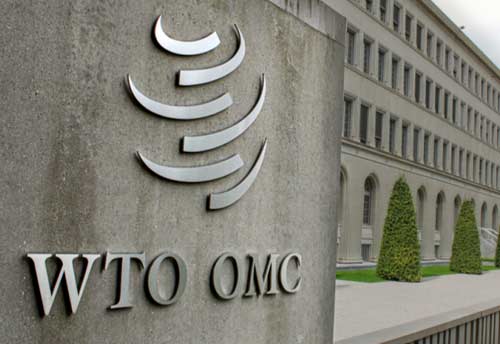WTO Members Seek Clarity On India’s Export Ban On Non-Basmati Rice
Updated: Sep 27, 2023 04:52:29pm

New Delhi, Sept 27 (KNN) The members of World Trade Organisation (WTO) have asked for an explanation from India on its recently announced prohibition on export of non-basmati white rice.
Member nations including the US, Canada, Australia and Japan have raised questioned about it, and sought clarity on the quantity it considers adequate for domestic needs, reported Hindu BusinessLine.
India has also been asked to clarify the intended duration of its export ban on wheat and broken rice imposed last year and clarify the procedures put in place to abide by the rule that such restrictions are temporarily applied.
New Delhi will have to give its replies to the queries at the Committee of Agriculture (CoA) meeting of WTO on September 27-28 where all members will respond to questions on their agricultural policies.
“The announcement of the ban by India states it is ‘to ensure adequate availability of non-basmati white rice in the Indian market and to allay the rise in prices in the domestic market.’ However, it is understood from media reports that India currently has sufficient supplies to meet domestic demand,” per a query submitted to the CoA by the US, Canada, Japan and Australia.
The submission pointed out that the US Department of Agriculture in August 2023 estimated India’s rice production at 134 million tonnes and stocks at 36 million tonnes for 2023-2024.
“Please describe what quantity of rice India considers to be adequate availability of non-basmati white rice in the Indian market. What quantity of public stocks does India consider adequate for domestic needs,” the countries asked.
The US, the UK, the EU, Canada, Ukraine and Japan, in a separate query on export ban placed on wheat in May 2022 and broken rice in September 2022, sought an update on the intended timelines for the submission of the required ER:1 tables (on export prohibitions), stating that timely transparency on export restriction measures was important in the context of the ongoing food security crisis.
KNN Bureau











